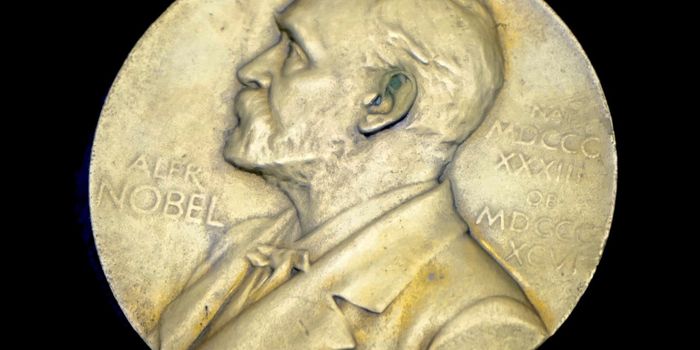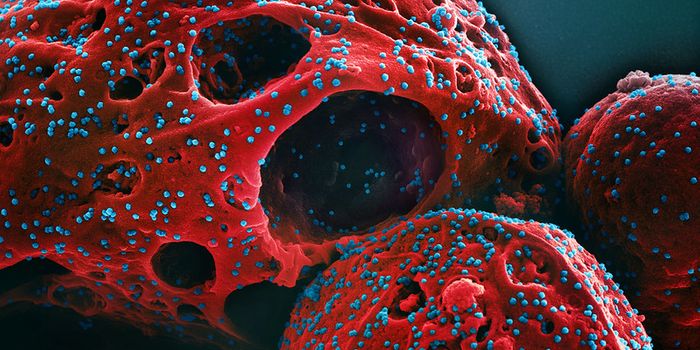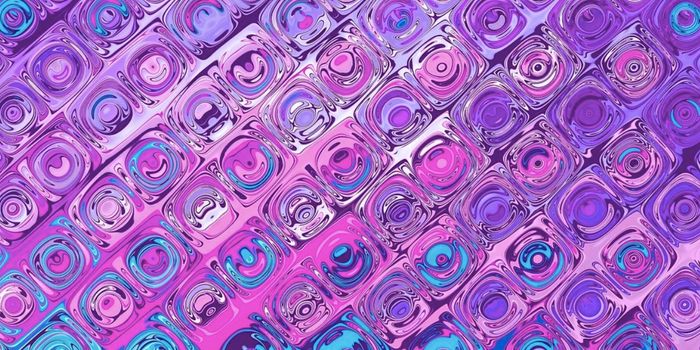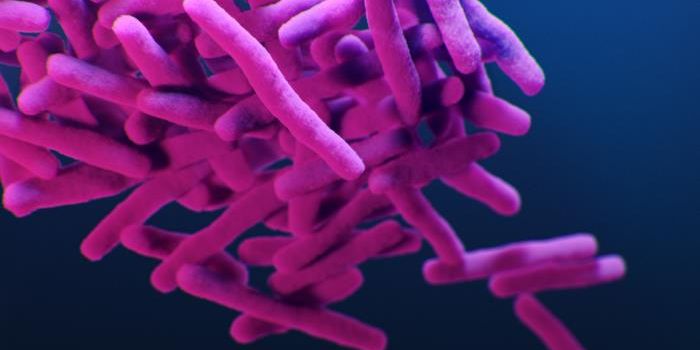My Two Dads: A Mouse with Two Fathers Lives to Adulthood
Scientists have successfully engineered a mouse with two fathers that went on to survive until adulthood. Researchers have attempted to create so-called bi-paternal mice before, but these embryos usually cease to grow during development. In this latest effort, scientists used embryonic stem cells to overcome the challenges inherent in mammalian unisexual reproduction. The work has been reported in Cell Stem Cell.
Gene imprinting refers to a process in which cells either express a gene from one parent, while the copy of that gene that is inherited from the other parent is suppressed. Problems with imprinting have been a major challenge for this field. In this study, the researchers overcame those problems by introducing twenty different genetic changes, which included deletions, frameshift mutations, and alterations to gene regulation.
While some of the resulting animals lived to adulthood, there were other animals created with this technique that did not survive development or live until adulthood due to health problems. The mice that did survive until adulthood were also sterile. However, this research was a major step forward, and additional work may improve the results.
"Further modifications to the imprinting genes could potentially facilitate the generation of healthy bi-paternal mice capable of producing viable gametes and lead to new therapeutic strategies for imprinting-related diseases," explained co-corresponding study author Zhi-Kun Li of the Chinese Academy of Sciences.
"This approach can significantly improve the developmental outcomes of embryonic stem cells and cloned animals, paving a promising path for the advancement of regenerative medicine," said co-corresponding author Guan-Zheng Luo of Sun Yat-sen University in Guangzhou.
The researchers are planning to continue to study how modifications to imprinted genes could improve the viability of these embryos. They are also interested in expanding this work to include other animal models.
In the study, the researchers stated that this work has shown that imprinting seems to prevent unisexual reproduction in mammals. They also added that this methodology could aid in the creation of more stable embryonic stem cells and cloned animals, which may eventually help advance regenerative medicine, although the exact applications of this technology are still unclear. Right now, human embryos are barred from being used in this type of work by the International Society for Stem Cell Research's ethical guidelines.
Sources: Cell Press, Cell Stem Cell









